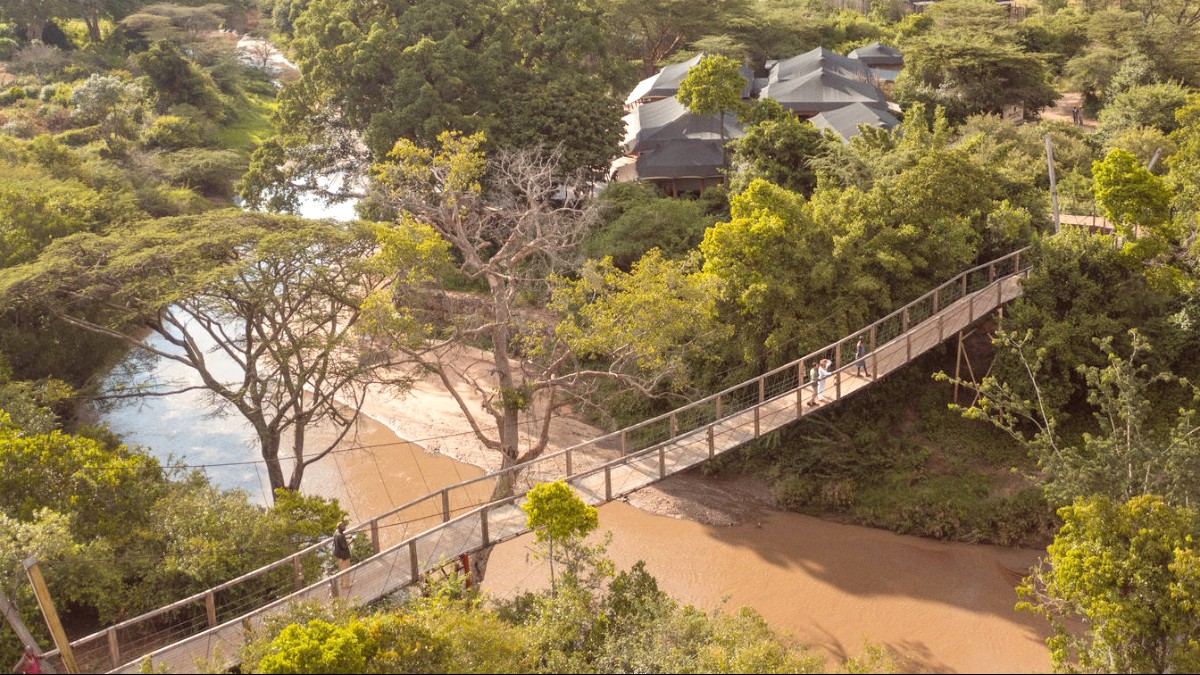
Kenya
Most non-African nationals a visa to enter Kenya. The most common visa for tourists is the single-entry visa. Kenya operates an eVisa system, simplifying the application process. Apply for and obtain your eVisa online before traveling to Kenya.
The official website for eVisa applications is Evisa.go.ke. Only use the official government portal to avoid fraudulent sites. Processing time ranges from two to seven business days; apply at least seven to ten days before travel.
The single-entry eVisa fee for Kenya is USD 51.00, paid online. No additional entry fees usually collect upon arrival. Upon arrival, present your printed eVisa approval and passport to immigration officials. They may take fingerprints and a photograph. Be polite and patient.
For general tourism in Lamu Island, no specific permits beyond the standard Kenyan visa. However, if your travel plans include visiting marine parks or national reserves elsewhere in Kenya, entry fees apply, typically paid at the park entrance.
Required for certain travelers.
Vaccination certificate for travelers from, or transiting through, Yellow Fever risk countries. Check the latest WHO list.
If arriving directly from a non-endemic country and no transit, generally not required.
Stay current for health.
Ensure routine vaccinations (Tetanus, Diphtheria, Polio, MMR) are current. Consult a doctor before travel.
Hepatitis A, Typhoid, and Rabies often recommended for certain activities or extended stays.
Lamu is a malaria zone.
Lamu a malaria-risk area. Consult a travel health clinic for antimalarial medication.
Starting medication before arrival and continuing as prescribed after departure.
Depending on your travel plans and activities, vaccinations for Hepatitis A, Typhoid, and Rabies often recommended. Hepatitis A and Typhoid spread through contaminated food and water. Rabies a consideration if you interact with animals.
Visit a travel health clinic or your doctor at least 6-8 weeks before your trip. They the most current health recommendations and necessary prescriptions based on your specific itinerary and medical history.
Use Insect repellent containing DEET, picaridin, or oil of lemon eucalyptus, especially dusk till dawn.
Sleep under an impregnated Mosquito net if your accommodation does not have adequate window screens or air conditioning.
A Good quality mosquito net peace of mind. Look for one pre-treated with insecticide for added protection.
Begin prescribed antimalarial medication before arrival and continue as directed.
Wear long-sleeved shirts and trousers in the evenings.
Lamu Island options for various travel styles, from budget-friendly to luxury.
The official currency of Kenya is the Kenyan Shilling (KES). ATMs available in Lamu Town (Equity Bank, KCB Bank), but can run out of cash. Withdraw sufficient cash in larger cities like Nairobi or Mombasa. Credit cards accept at larger hotels and some upscale restaurants. Cash is the preferred payment for smaller purchases and local transport.
Lamu offers diverse lodging. Hostels/Guesthouses: KES 1,500-3,500 (USD 11-27). Mid-range Hotels/Boutique: KES 4,000-12,000 (USD 30-90). Luxury Villas/Hotels: KES 15,000-50,000+ (USD 115-380+).
Lamu Museum entry: KES 500-1,000 (USD 4-7.50) for non-residents. Donkey Sanctuary: Free entry, donations welcome.